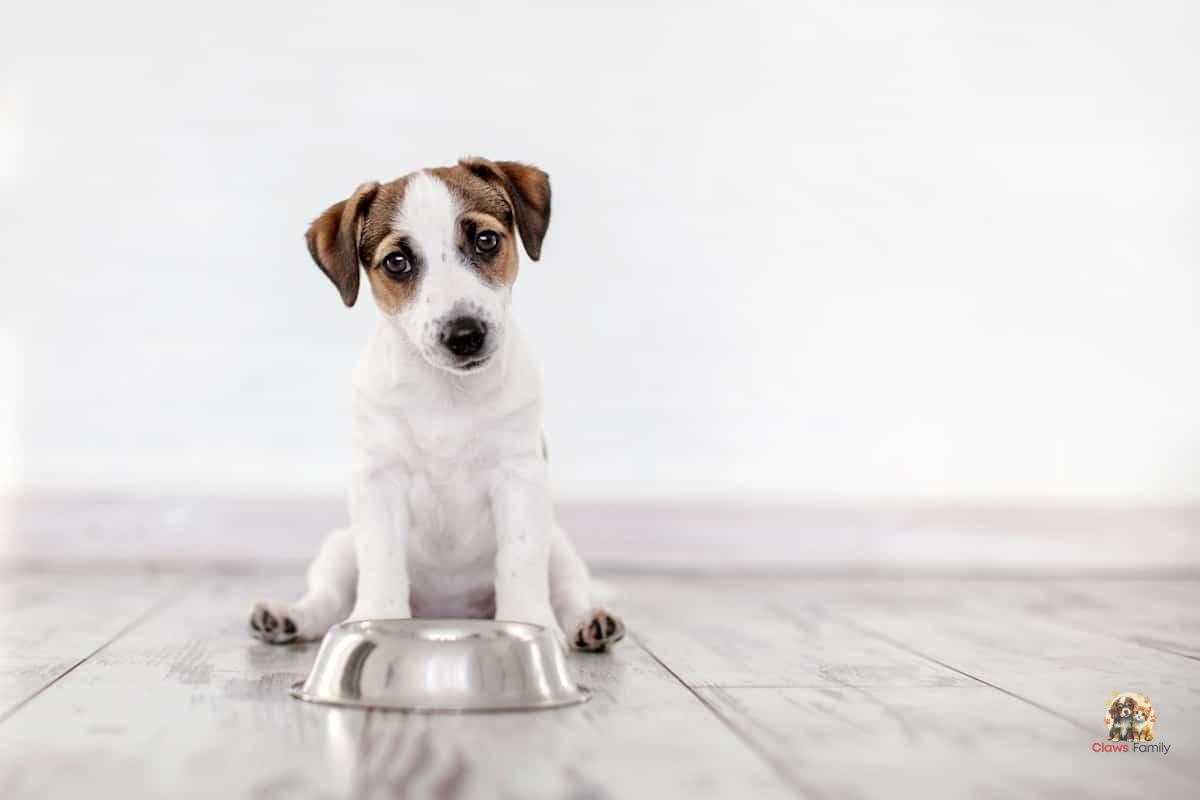Bad breath can be a warning sign of the animal's overall health. Therefore, it is critical to visit a veterinarian to determine the cause of this problem.
The main causes of bad breath in dogs
The main cause is usually tartar, which is the hardening of the bacterial layer that forms on the teeth. If we don't eliminate it, it gradually builds up and forms layers, fostering a genuine colony of harmful microorganisms within our oral cavity. This can lead not only to foul breath but also to other serious illnesses.
Among these we include:
- Maxillary sinusitis
- Stomatitis
- Pyorrhea (gum recession)
- Endocarditis (the bacteria can circulate and reach the heart, kidneys, lungs, and liver)
The most debilitating consequence is pain. Under general anesthesia, "human" dentists use similar tools to mechanically remove tartar during the scaling procedure.
The best remedies for bad breath in dogs
The solution lies in oral hygiene. Bad breath is frequently linked to stomatitis, one of the most common diseases affecting dogs' oral cavities. Tartar that adheres to the teeth creates a favorable environment for bacteria that cause inflammation of the soft tissues inside the mouth.
Natural remedies and products can supplement scaling and targeted pharmacological therapy (with antibiotics or anti-inflammatory drugs) to reduce inflammation, protect oral health, and slow the formation of new plaque. The veterinarian can elucidate the variety of options available for direct application to the dog's mouth or daily addition to their drinking water or food.
For mechanical removal of plaque and tartar, there are enzymatic toothbrushes, dental sticks, treats, and dietary supplements specifically designed for this purpose. To reduce bacterial load in the mouth and plaque after scaling, there are oral solutions to add to drinking water, gels, and dietary supplements to mix into daily meals.
How to maintain a dog's oral hygiene
Whether it is a puppy or an elderly dog, taking care of its mouth is crucial to maintaining its health. Regular vet check-ups and daily home oral hygiene can achieve this. Poor oral hygiene and the accumulation of plaque and tartar are the primary causes of oral problems in 70% of dogs after four years of age.
Dogs often experience health issues such as plaque, tartar, and bad breath, but scaling can easily address these issues, allowing the animal to return home the same day. At home, you can maintain oral hygiene by brushing the dog's teeth regularly, using chews for mechanical removal of plaque and tartar, and adding an anti-plaque solution to the dog's drinking water.
Canine Halitosis: Tips on Proper Diet
Adult dogs can support oral hygiene by using dry food, which has clinically proven technology to reduce plaque and tartar buildup, or by offering chew toys with a "brushing" action on the teeth. There are also dental sticks (preferably plant-based or with hydrolyzed animal proteins to avoid triggering food intolerances) and dietary supplements that naturally fight plaque and tartar and improve the dog's breath.
It is crucial to bring our furry friends for a veterinary check-up before signs of poor oral health, such as foul breath, appear. We recommend daily care for oral hygiene, given that plaque forms within 24 hours, tartar forms within 3 days, and gums can inflame within 2 weeks. These are small steps that a responsible owner should turn into daily "habits" to preserve their dog's health and well-being.
More: Dog Health


